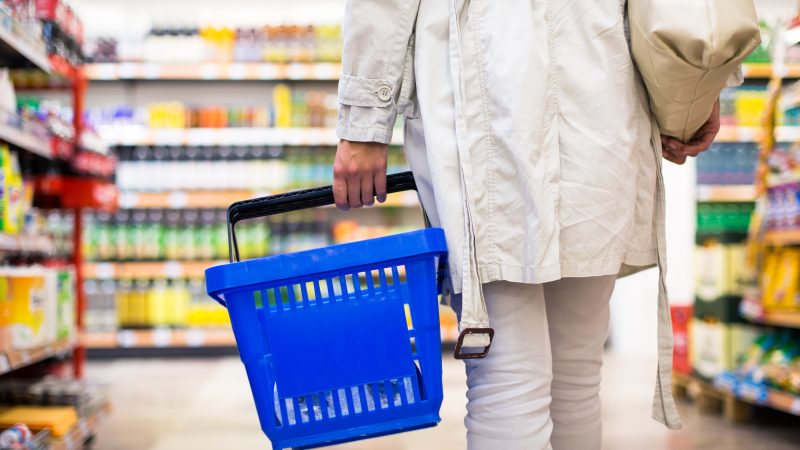US firm to build biggest ever vats for ‘no cruelty’ meat

An American company plans to build the world’s largest bioreactors to create artificially grown meat that doesn’t require the killing of animals.
Good Meat, the cultivated meat division of Eat Just, has commissioned the largest known bioreactors for chicken and beef cultivated meat.
Cultivated meat, also sometimes referred to as cell-based meat, clean meat, cultured meat and in-vitro meat, is artificially-grown genuine meat that is produced by cultivating animal cells directly.
After cells are taken from a healthy animal – which isn’t killed in the process – they are placed in a large tank where they are fed nutrients until they divide and grow.
Ten 250,000-litre bioreactors will be built in the US and form the foundation for Good Meat’s large-scale cultivated meat facility. Good meat claims the complex will have the capacity to produce up to 30 million pounds of meat without the need to slaughter a single animal.
The facility will initially produce chicken and beef and the company plans to distribute products to millions of customers across the United States. Good Meat is planning to finalise site selection in the next three months and is continuing to engage with the Food and Drug Administration and US Department of Agriculture on a regulatory pathway to market.
Josh Tetrick, co-founder and CEO of Eat Just, said Good Meat is the only cultivated meat manufacturer in the world to secure regulatory approval.
“Our first step was receiving regulatory approval and launching in Singapore,” he said.
“Our second step has been selling to customers through restaurants, street vendors and delivery platforms. We’ve learned that consumers want this, and we’re ready to take the next step to make this happen at a commercial scale.”
Meanwhile, food-tech fund Synthesis Capital raised a record $300 million to invest in companies that make alternative proteins, from cow-free ice cream to 3D-printed plant-based steaks.
Synthesis closed the biggest ever food-tech-focused fund just as higher interest rates and soaring food costs dim the funding environment. The fund is focusing on companies that help startups scale-up manufacturing, said co-founder Rosie Wardle, adding that the latest market shifts mean it will take a more conservative approach in allocating capital over the next few months.
“We’re very much technology and innovation-focused,” she said in an interview. “There’s a lots of capital flowing to brands at the consumer facing end, and we’re not doing that.”
The plant-based market could grow fivefold to $166 billion over the next decade, according to Bloomberg Intelligence, as consumers pay more attention to health, and environmental concerns over mass-scale animal rearing.






